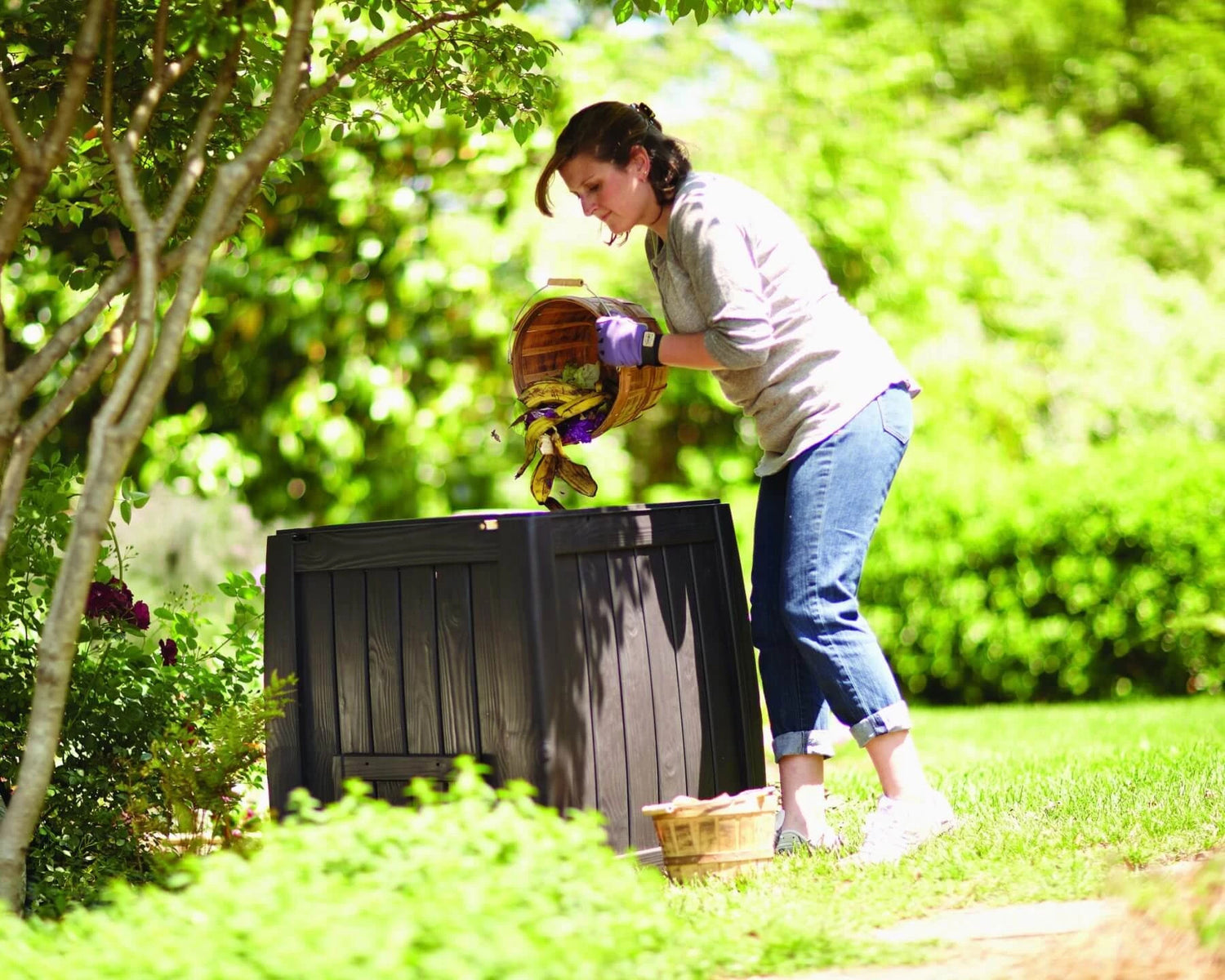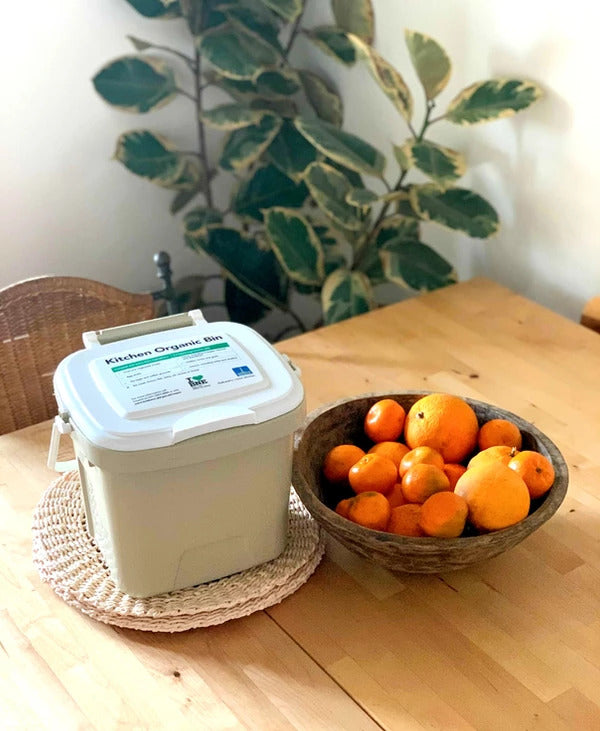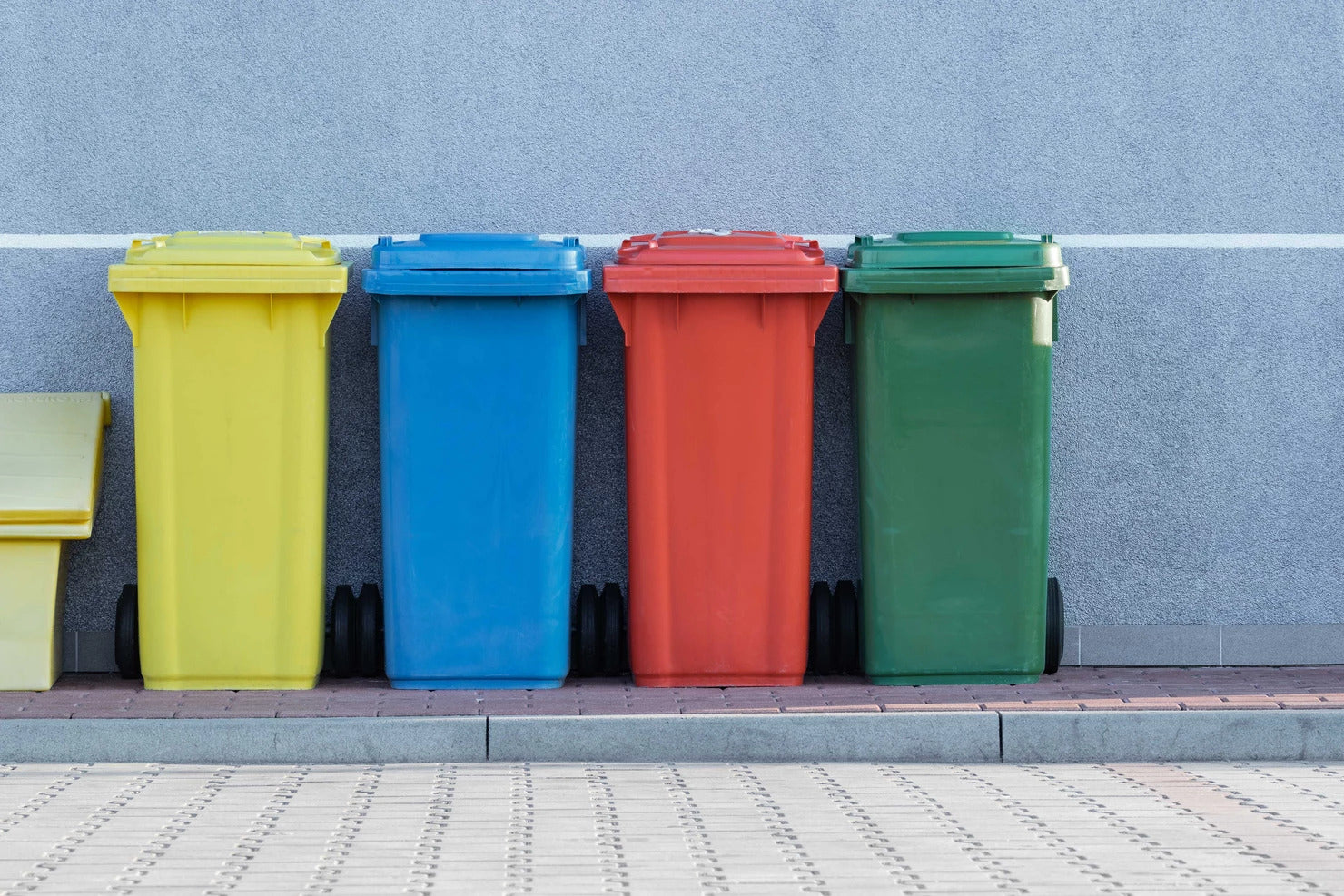A lot of us associate worms with compost and compost with worms but there are actually heaps of differences between the two ways of recycling organic waste. These differences can mean a whole lot when deciding which one is for you so we’re making the decision easy.
But, first up for all the newcomers, let’s cover the basics.
What is regular compost

As we’ve covered in our other blog posts (and you should definitely check them out) compost is the break-down of organic materials through decomposition by friendly microbes. Typically it’s done in a bin or pile, which can range in size, and takes in all sorts of organic waste, from kitchen scraps to cardboard to garden waste.
What’s great about it
- Compost can go as fast and be as big as you need,
- any pathogens will be killed at the high temperatures it reaches,
- there are minimal costs involved.
What’s not so great about it
- If it goes wrong, it can create odours and attract pests,
- you’ve got to be regularly balancing, watering and turning it,
- you’ll only get the fertiliser once it’s matured.
What is vermicomposting

Vermicomposting is also the break-down of organic waste but instead of microbes doing most of the work, it’s dedicated little worms, chewing to their heart’s content. Commonly called worm farms, you basically put a whole bunch of worms in an enclosed container, you make sure they’re getting the right mix of food and that’s it. The worms eat the organic waste and leave “castings” (AKA - worm poop) that is an amazing soil amendment.
What’s great about it
- Just make sure they’ve got the right food, then the worms do all the work,
- also gives you a constant stream of nutritious liquid fertiliser
- as long as it’s shady and cool, you can keep it anywhere. Under the sink anyone?
What’s not so great about it
- Worms have gotta eat, so month or more-long holidays may starve them,
- because they run cool, any pathogens will stick around,
- they don’t eat garden waste.
So, which one’s for you? If you’re still a little confused, we’ve put together some basic guidelines as to which to choose.
You should go with compost if ...
- you’ve got a backyard or large courtyard,
- you go through a fair bit of garden and food waste,
- you’re okay with a bit of outdoor activity,
- you want to generate a lot of organic fertiliser.
You should go with a worm farm if ...
- you live in an apartment or just don’t have a lot of space,
- you don’t create much organic waste,
- you prefer to keep things indoors,
- you don’t have a big use for large amounts of castings.
Now, these are super general and will definitely not apply to everyone. There are so many options available, whether it’s tiny compost bins or massive worm farms, that can fit into anyone’s lifestyle. There are also heaps of great sources for more detailed comparisons.
With so much out there, trying to figure out what works for your organics recycling can be really complicated. That’s why we’re trying to de-mystify things with our monitoring system Monty and mobile platform. Make sure to follow our socials - Facebook, Instagram, and LinkedIn!




Leave a comment
This site is protected by hCaptcha and the hCaptcha Privacy Policy and Terms of Service apply.